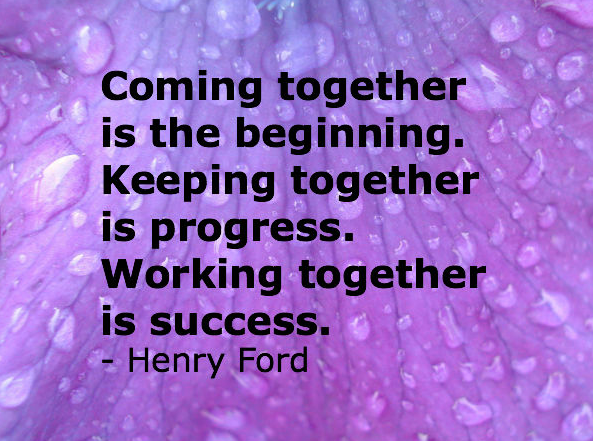THE CRO: LEADING AMIDST UNCERTAINTY
3-Minute Read
YOU ARE THE C.R.O.
The truth is that you are a leader. The reality may be that you’re only leading yourself! And whether you’re leading 1000+ people or just yourself, you are the Chief Remembering Officer of your life and leadership.
Therefore, in light of this truth and the current events of the C-19 threat, we sent this following note out to a handful of our CEO’s. The response was so encouraging that we’ve decided to share these encouragements here. These encouragements are more of reminders really...
REMINDERS
- REVISIT YOUR CORE VALUES (KEEPING YOUR CORE VALUES TOP OF MIND WILL HELP YOU ASSERT AGENCY OVER WHAT YOU CAN WHEN YOU CAN'T CONTROL EVERYTHING)
- REVIEW YOUR NUMBERS (WE NEED TO BE AWARE OF CASH ON HAND IN THIS CURRENT CLIMATE)
- REDUCE ANY COSTS POSSIBLE (IT’S ALL ABOUT CASH FLOW, LIVE LEAN AND MEAN, AS MUCH AS POSSIBLE)
- REMIND YOURSELF "THIS TOO SHALL PASS" (THERE IS A BIG DIFFERENCE BETWEEN KNOWLEDGE AND WISDOM, WISDOM REMINDS US TO HOLD STEADY AMIDST THE STORM)
IF you need or want to touch base, we're more than happy to jump on a 10-15 minute zoom video or conference call. Obviously this would be pro bono and our firm simply wants to support our community.
REALITY CHECK
This week we've worked with a handful of firms that have had to make the hard call to lay people off or close their doors for a time period, HOPEFULLY not for good.
In those consultations, we've pulled together a handful of really helpful resources for communicating the reality of what we're working through here.
RESOURCES
- REAL-TIME DATA OF THE C-19 VIRUS (A FASCINATING LOOK AT THE SUM TOTAL OF IMPACTED FOLKS)
- UNDERSTANDING THE VIRUS (PICTORIAL GRAPHICS)
- DECIDING YOUR DISTANCE (FREE NYT ACCESS FOR C-19 ARTICLES)
OR, MAYBE YOU JUST NEED A QUICK BREATHER TO ENJOY SOMETHING FUN. I WAS PRETTY IMPRESSED WITH THIS BAND'S PRODUCTION AND YOU MIGHT LIKE IT TOO (IF YOU CAN WAIT 51 SECONDS)!
Pulling for you!
Alan Andersen



We will help you and your team change direction, accelerate growth, go faster, and reach the next level of success for your leadership and business development by using the principles that make up a “Shandel”.